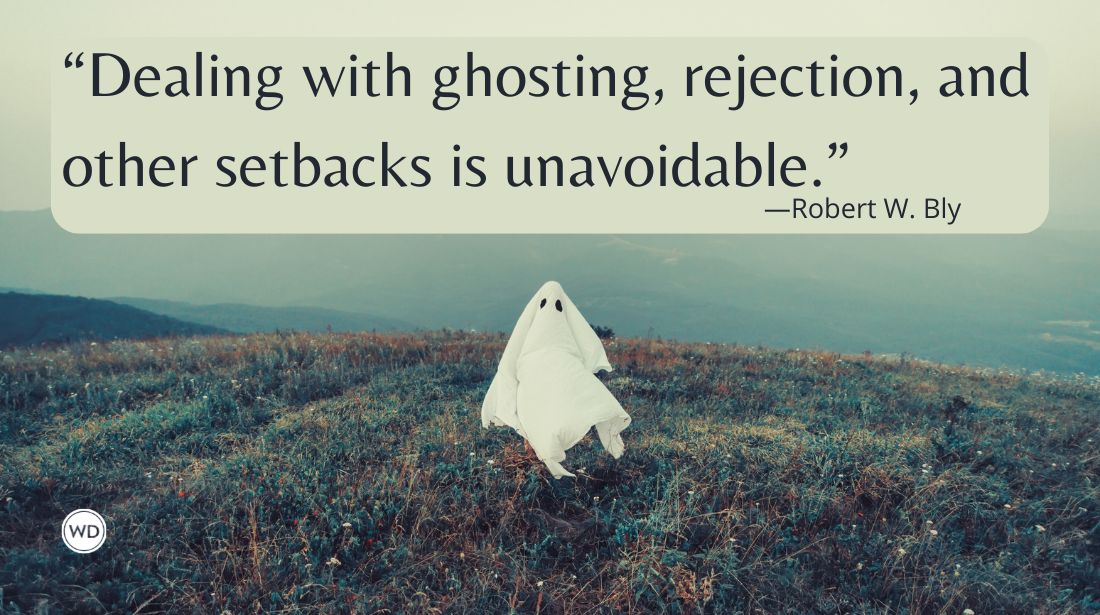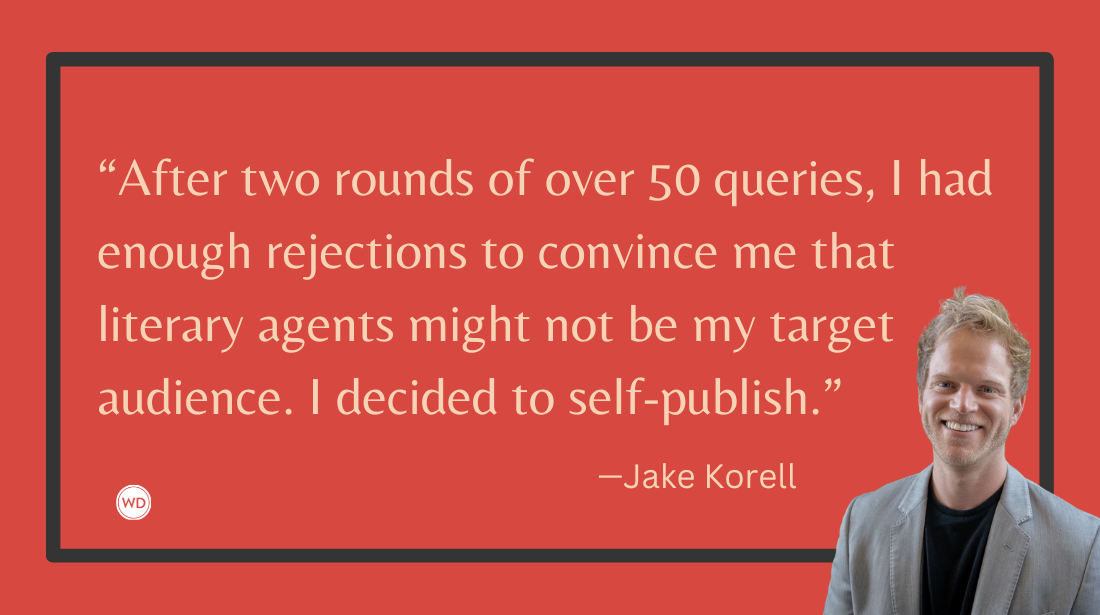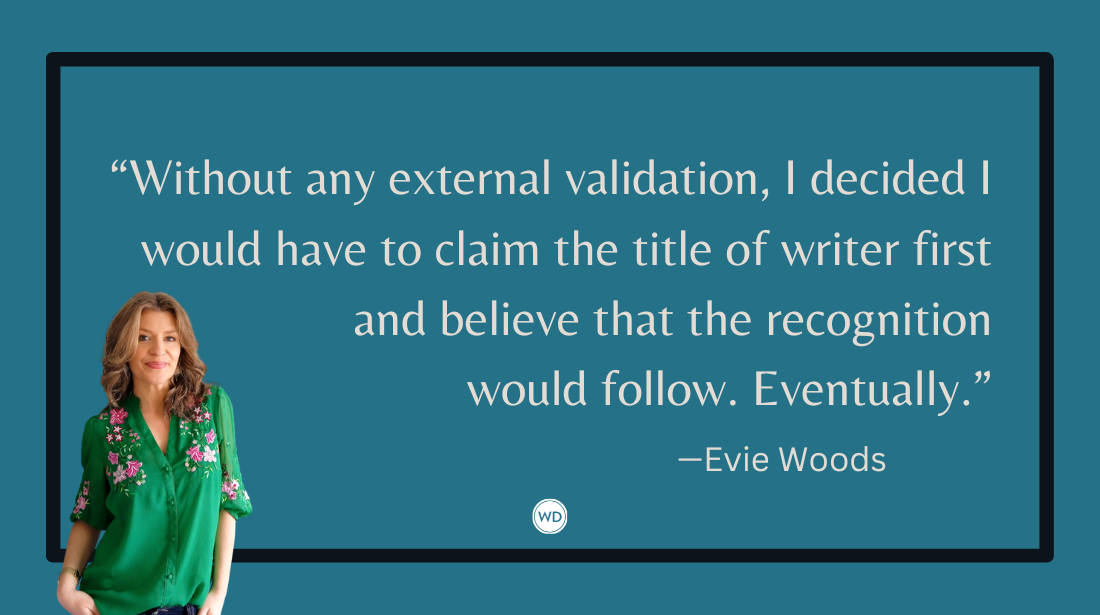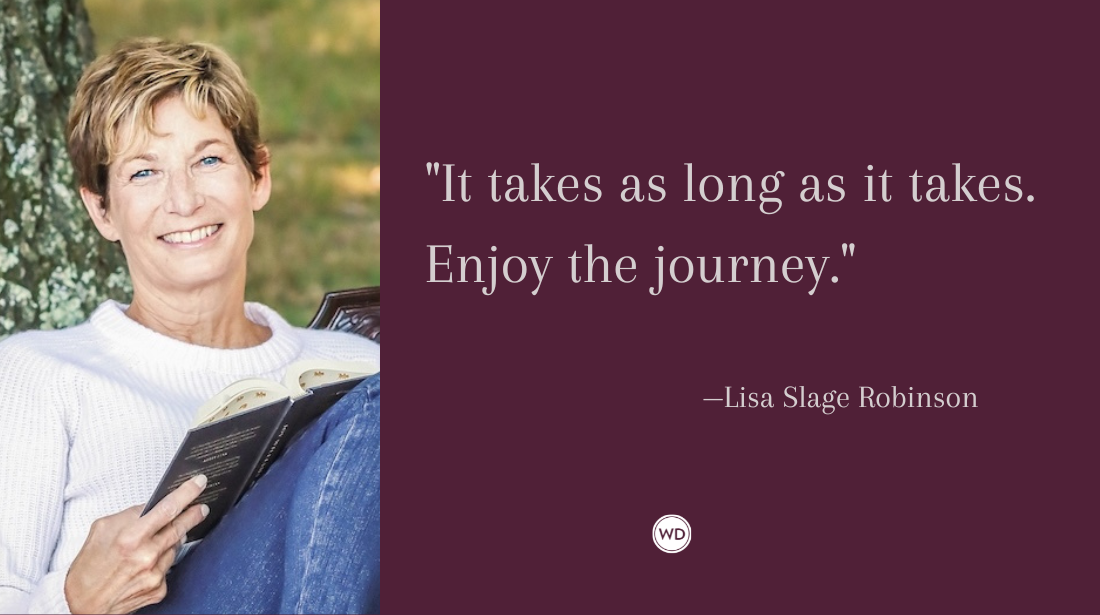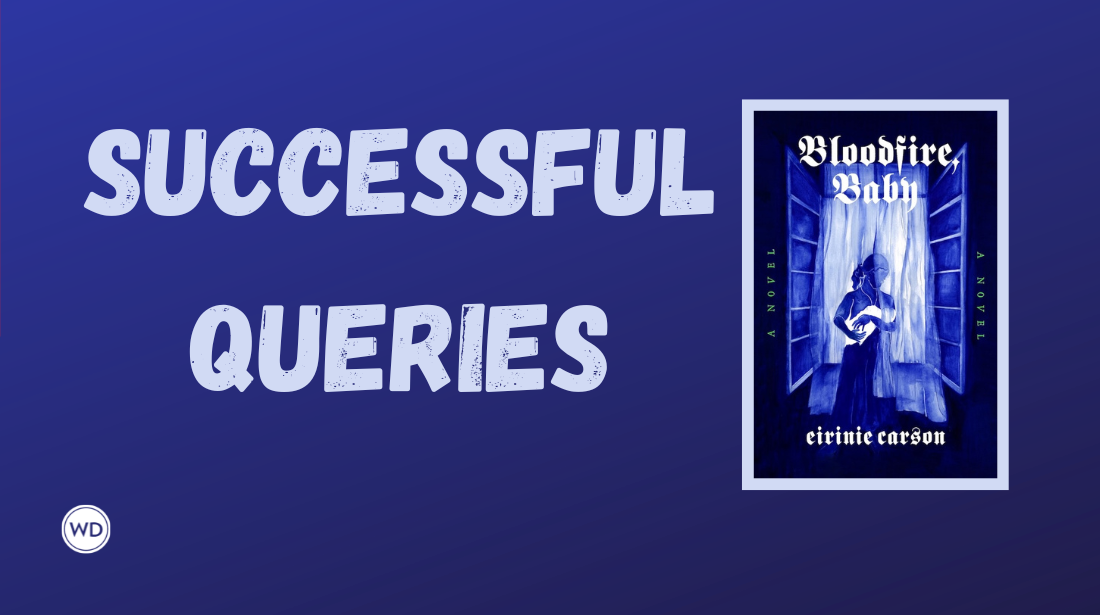Successful Queries: Henry Dunow and “The Fire Concerto,” by Sarah Landenwich
Find Sarah Landenwich’s successful query to agent Henry Dunow for her debut novel, The Fire Concerto, including what made it work for agents.
Welcome back to the Successful Queries series. In this installment, find a query letter to agent Henry Dunow for Sarah Landenwich's debut novel, The Fire Concerto.
Sarah Landenwich is a writer and writing educator. Also a classically trained pianist, her debut novel The Fire Concerto was inspired by her love of music of the Romantic period. She lives in Louisville, Kentucky, with her husband and daughter.
Here's Sarah's query:
Dear Mr. Dunow,
I am seeking representation for a plot-forward literary novel, THE FIRE CONCERTO (103,000 words). A story about a brilliant female musician lost to history and another woman’s quest to ensure she is not forgotten, THE FIRE CONCERTO is a past/present narrative in the vein of Geraldine Brooks’ Horse and A.S. Byatt’s Possession.
Clara Bishop hasn’t touched a piano since the night ten years ago when a theater fire nearly took her life, ending her career as a rising star in the world of classical music. Badly scarred and unable to play, she has turned away from everything and everyone associated with music, especially her ruthless mentor Madame, whom Clara blames for her injuries.
Her life is upended when Madame dies, leaving Clara an unexpected inheritance: an ornate 19th-century metronome with a cryptic message hidden within its box. Convinced this is not a gift but a puzzle Madame wants her to solve, Clara comes to suspect that the unusual bequest is the long-lost metronome of the composer Aleksander Starza—a priceless object missing since 1885, when Starza was murdered by the brilliant female pianist Constantia Pleyel.
As Clara works to uncover the metronome’s haunted past and protect it—and herself—from those who wish to obtain it, she discovers that nothing about Starza and his murder are what they seem. History has remembered Constantia Pleyel as an unstable artist who killed Starza in a fit of jealous rage. The real truth, if Clara can unearth it, could rewrite the history of music—and give Clara the second chance she has been longing for.
I am a classically trained pianist who also holds an MA in English. This novel was inspired and informed by my years-long study of music of the Romantic period.
I have included the first ten pages below. I hope you’ll read them and consider reading more.
Best,
Sarah Landenwich
Check out Sarah Landenwich's The Fire Concerto here:
(WD uses affiliate links)
What Henry Dunow liked about the query:
I often tell writers that it’s as difficult (or more!) to craft an effective query letter as it is to write a complete book. The query letter is the first evidence of your writing that an agent or editor will see, so it’s crucial that it be as smart and concise and alluring as you can possibly make it. Sarah Landenwich’s query letter for The Fire Concerto is all those things, a finely-honed selling tool. It captures the essential plot and thematic elements of her novel, suggests effective comp titles, and provides some brief but pertinent biographical background. I remember thinking that this was one of the more satisfying query letters I’d seen in a long time.
In truth, Sarah had me at the first paragraph! For starters, the novel has a great, dramatic title—The Fire Concerto. She immediately describes it as a “plot-forward literary novel.” I had never encountered the phrase “plot-forward” but it worked for me, suggesting a novel that would be strongly plot-driven. I like that! I appreciated that she labeled it “literary,” as my list of authors does in fact skew literary. Then, an intriguing, razor-sharp tag line: “A story about a brilliant female musician lost to history and another woman’s quest to ensure she is not forgotten.” Who would not want to read that?!! Finally, two excellent comps—Geraldine Brooks’ Horse and A.S. Byatt’s Possession—both novels I admire, both suggesting a level of quality that The Fire Concerto aspires to.
In the next three brief paragraphs, Sarah introduces us to the novel’s protagonist and lays out the basic story. This is where so many query letters typically get into trouble by giving more detail than necessary, trying to exhaustively summarize rather than seduce. For me, the cardinal rule is “less is more.” Sarah describes the novel’s story skillfully and efficiently and with the promise of a dramatic payoff—it made me immediately want to begin reading.
Finally, Sarah’s description of herself as a classically trained pianist steeped in a years-long study of music of the Romantic period—no writing credits to speak of, but clearly someone with an authoritative command of her subject.
Sarah's thoughts on the query/submission process:
The Fire Concerto is my debut, but it’s not my first novel. That first book, which I think of in many of the same ways as I think of my first love, taught me many lessons. Like many first loves, it also ended painfully. I queried 111 agents for that book over the course of 18 months. I received a lot of interest—more than 30 requests for the full manuscript—but no one offered me representation. Instead, they offered suggestions for revision. This led to more than a year of feverish rewriting, during which I tried to reimagine my novel according to the input of a dozen different agents, none of whose opinions overlapped. It didn’t work. I resubmitted, and still received no offers. Frustrated and disappointed, I decided it was time to let that book go and write a new one.
When I was ready to query The Fire Concerto, I sent out 15 initial queries and girded myself for the rejections to come. Within two weeks, I had six offers! In the movie version of my life, it was that triumphant moment when the underdog wins the championship. All of the offering agents were outstanding, with great successes behind them. This made the decision about which one to choose extremely difficult—even agonizing. I spoke with each agent multiple times, as well as an author each of them represented. I don’t think there was a wrong choice in the bunch, but Henry was definitely the best choice for me.
I queried Henry initially for four reasons: His list of authors hits that sweet spot between literary and commercial, which is where I view my own work; he’s brought a lot of successful debuts into the world; I love Jean Thompson, whom he represents; and (I never told him this until we wrote this article!) I queried him for my first novel and he never responded, and I wanted to see if this time I could turn his head.
But how someone looks on an agent profile online is very different from who they really are, and the reasons I ultimately ended up signing with Henry were not because of his resume. What I found so appealing about him was his unique combination of directness and kindness. He has this magical way of being completely forthright and incredibly thoughtful at the same time. (I’ve suggested on more than one occasion that he should have been a diplomat.) He told me straightaway what he thought needed revision (he was right) and the hurdles we might face on submission (also right). He was also very transparent about which editors he would send the manuscript to and why. In other words, he laid all his cards on the table. In my experience, only people who are self-assured enough to know their true worth do that. In the end, it came down to a gut decision. Henry is honest, he’s kind, he’s well-liked throughout the industry, and he’s really good at what he does. A lot of successful people are good at what they do. Not all of them are those other things too.
I write literary fiction, so I don’t necessarily believe every ending is a happy one. But I think Henry and I were meant to be.
Henry on conversations with Sarah:
After requesting the full manuscript, I read The Fire Concerto over a weekend—and absolutely loved it. I wrote Sarah: “This is that rare thing—a really smart novel that is every bit as entertaining as it is erudite. To put it another way, a literary novel that beautifully straddles the line between literary and commercial: a twisty plot, some brilliantly drawn characters, a scholarly detective story and a propulsive narrative. And you write about music with such insight, passion and poetry that any reader—even ones not steeped in knowledge of classical music—will appreciate its power.” We set up a time to talk on the phone, and I soon learned that I was not alone in my enthusiasm for The Fire Concerto—in fact, I was one of six agents offering representation to Sarah! So, I knew I had my work cut out for me!
Sarah and I spoke twice—once on the phone, and once on Zoom. My approach to these “beauty contest” situations is always the same, to focus on the work itself—what I liked about it, what I thought might need further thought or revision, what specific moments in the manuscript gave me pause, what suggestions I might have, etc. I’ve always felt my greatest strength as an agent is in the editorial dialogue I provide, and my philosophy in that regard is not to dictate changes but to work collaboratively with an author so that they can find their own solutions. Sarah and I had a productive conversation about ways to make the novel even stronger, going over plot points and character development. Sarah asked smart questions about how the submission process might unfold, what sort of houses and editors I would submit to, how I might pitch the book, and how I thought a publisher might ultimately position it. She also wisely asked if she could speak to one of my current clients, preferably someone early in their career whose debut is either forthcoming or recently released. And, finally, she asked to see a copy of our agency agreement. I obliged on both counts.
After our second conversation, I wrote to Sarah and told her that The Fire Concerto was exactly the kind of novel I was known for representing, and while I was sure each of the other competing agents had a lot to offer, she couldn’t possibly be making a mistake were she to choose me, because I really love this book and would give it my all! Happily, that’s the choice she made. We worked together for some weeks on revisions to the manuscript, submitted The Fire Concerto widely, accepted a six-figure pre-empt from Union Square/Hachette, and are now enjoying an exciting run-up to publication this coming June.
*****
Henry Dunow is the founder of Dunow, Carlson & Lerner Literary Agency. He works primarily with quality fiction—literary, historical and upmarket commercial, novels and story collections—and voice-driven nonfiction across a range of areas, including narrative history, memoir, cultural trends and current affairs. Over the years he’s discovered and introduced a number of new, younger writers who’ve gone on to become established literary voices. Clients have included Richard Bausch, Aimee Bender, Jennifer DuBois, Alice Elliot Dark, Damien Echols, Mary Gaitskill, Kim Gordon, Heidi Julavits, Jill McCorkle, Elizabeth McCracken, Nic Pizzolatto, Julie Schumacher, Alice Sebold, Cynthia D’Aprix Sweeney, Jean Thompson, Marianne Wiggins. He is the author of The Way Home, a memoir about fatherhood.




